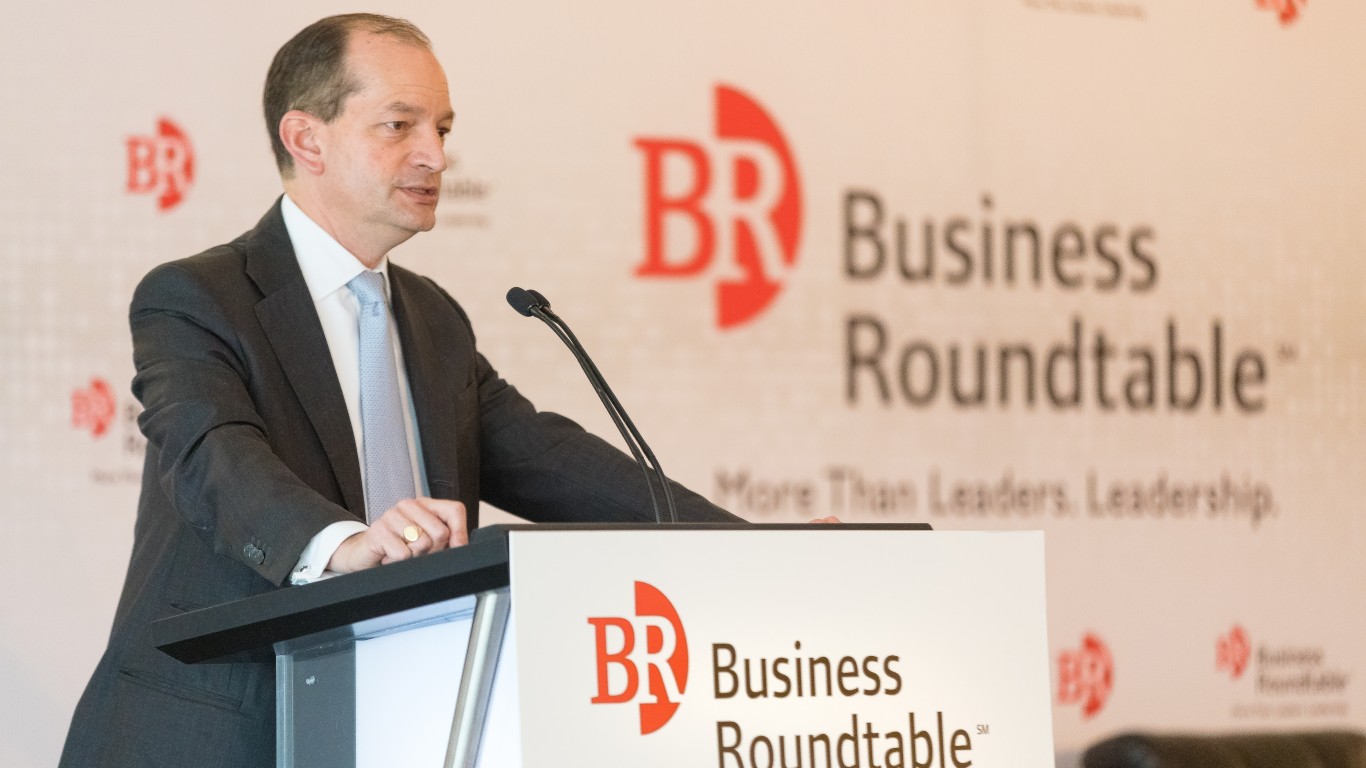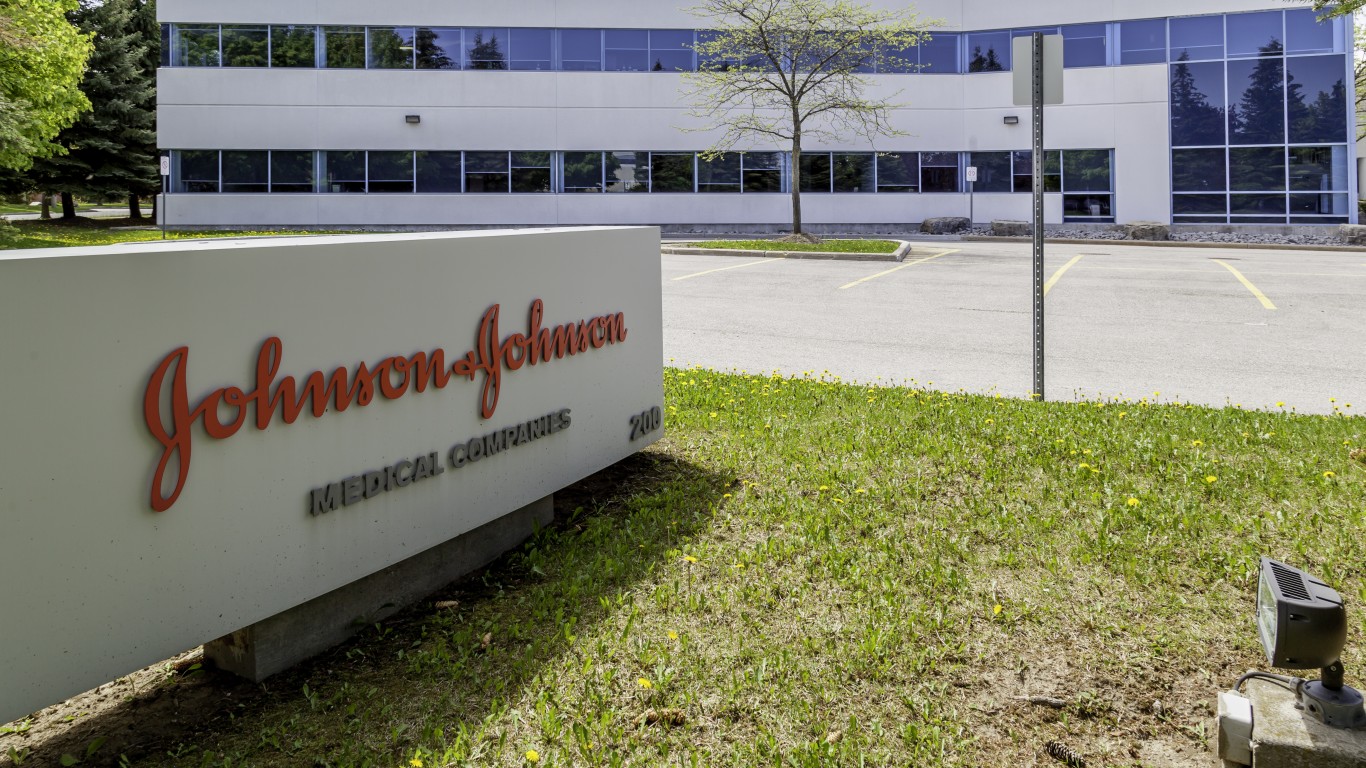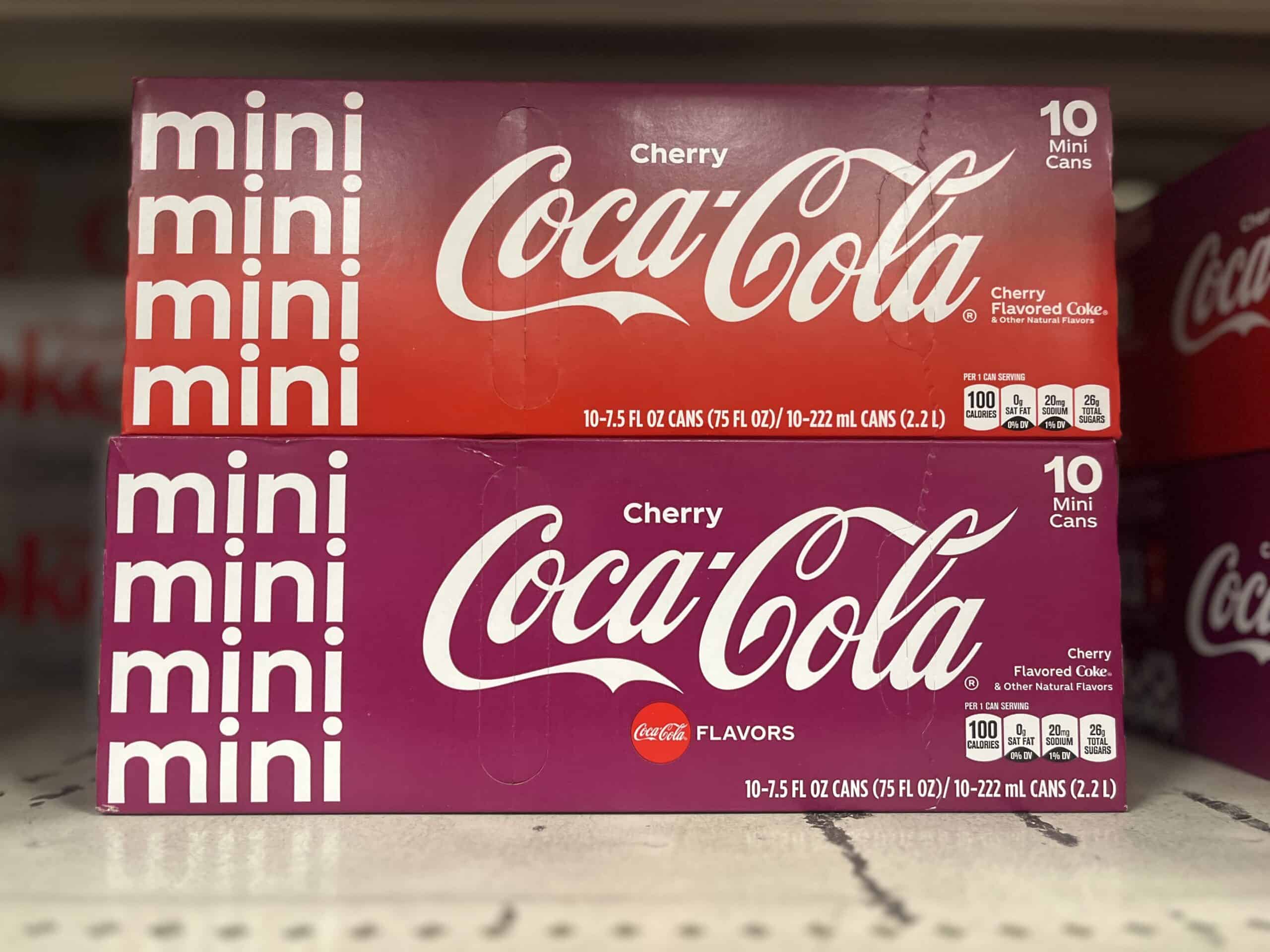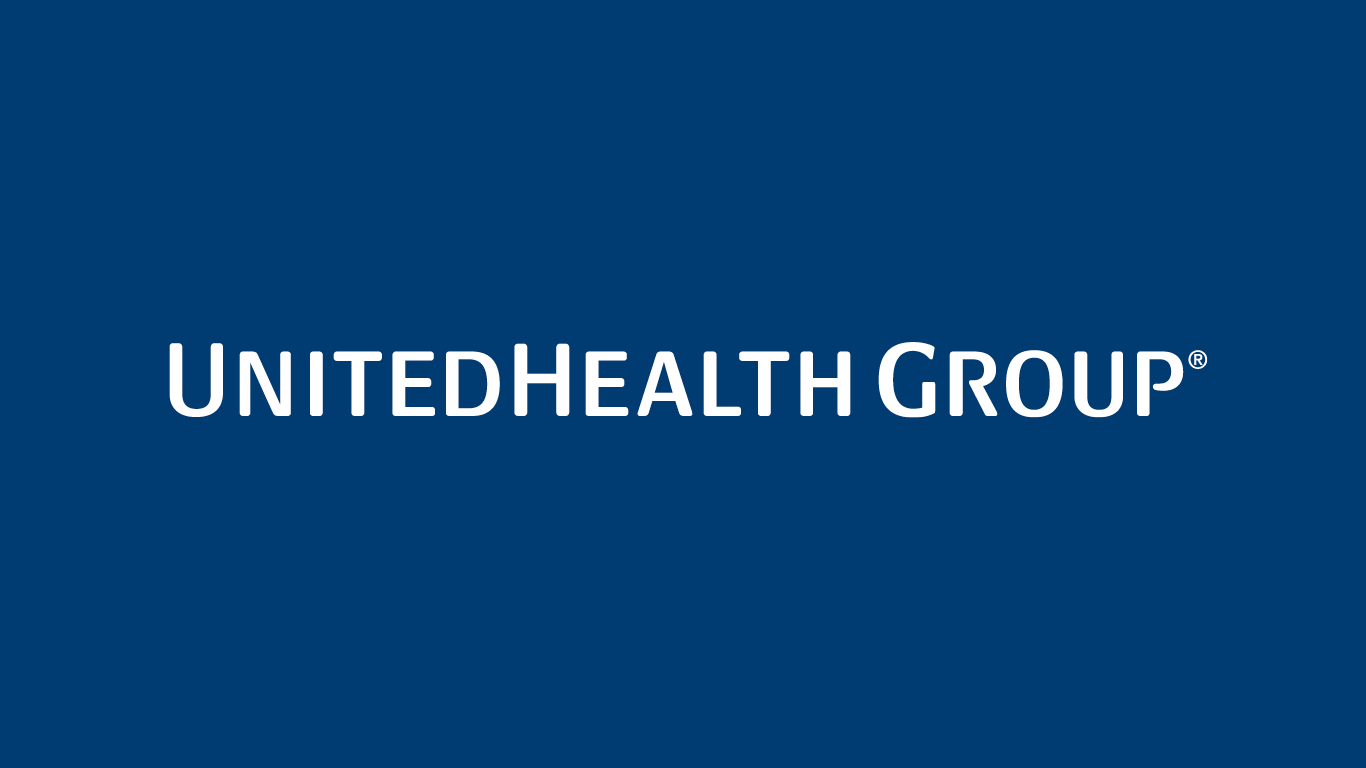Investing
Three CEOs That Ought to Follow Intel's Pat Gelsinger Out the Door

Published:

Intel (NASDAQ:INTC) CEO Pat Gelsinger stepped down on Dec. 1 after nearly four years in the top job. While the press release officially described his departure as a retirement, he was given two options: step down or be fired. He chose the former.
High-profile CEO firings happen from time to time. It’s one of the reasons they get paid so well. You’re hired to be fired.
Gelsinger signed on in January 2021 to turn around the struggling chipmaker. His performance bonus of $140 million has now been lost. However, don’t feel sorry for the former VMware CEO. With severance, Gelsinger has earned at least $46 million over the four years. He won’t have a problem paying his bills in the weeks and months ahead.
Intel stock lost 55% during the CEO’s tenure. That’s not a good look. It’s so bad that its stock was removed from the Dow Jones Industrial Average in November after 25 years, replaced by Nvidia (NASDAQ:NVDA), the competitor that did it in.
Gelsinger isn’t the only CEO on the hot seat.
These three Dow index components should have their CEOs follow him out the door.

Joaquin Duato was hired as CEO of Johnson & Johnson (NYSE:JNJ) in January 2022. At the time of his hiring, Duato had spent 33 years at the pharmaceutical company. A year later, the lifer was promoted to Chairman.
Duato’s reign as CEO is coming up on three years in the role. Since taking the top job, JNJ stock is down 13% through Dec. 6, 36% worse than the Dow on a relative basis. One of its biggest competitors, Merck (NYSE:MRK), is up 34% in the same period.
Of the 24 analysts who cover JNJ stock, just 12 rate it a Buy. Their median target price is $177, nearly 20% higher than where it’s currently trading. If it were to meet this target, it would bring JNJ stock back to where it was when Duato took the job.
In the past three years, Duato has received a total compensation of $55.3 million. While the company would argue that a significant portion is in performance-related stock and option awards, nearly $22 million is non-performance-related compensation, which he gets regardless of the stock’s performance.
Duato isn’t the first Johnson & Johnson CEO to deliver poor stock performance. Former CEO Alex Gorsky served as CEO from April 2012 to December 2022. In the nearly 10 years in the top role, JNJ stock gained 134%, almost half the 242% generated by the index.
There must be something in the water at JNJ headquarters.

James Quincey has been CEO of Coca-Cola (NYSE:KO) since May 2017. Warren Buffett said of the hiring at the time, “I know James and like him, and believe company has made a smart investment in its future with his selection,” Reuters reported Buffett’s comments in December 2009.
Quincey has worked at the beverage giant in one capacity or another for 28 years. Before becoming CEO, he was COO for two years. In 2019, he became Chairman too.
Since becoming CEO, KO stock has appreciated by 43% through Dec. 6, two percentage points better than rival PepsiCo (NASDAQ:PEP) but considerably less than the index’s 114% return.
It’s unrealistic to think that Quincey will lose his job as long as Warren Buffett is one of his supporters. Berkshire Hathaway (NYSE:BRK.B) is the company’s largest shareholder, with a 9.38% stake.
Of the 26 analysts who cover its stock, 17 rate it a Buy. Their median target price is $75, nearly 20% higher than where it’s currently trading.
Coke, like Pepsi, has benefited from seemingly never-ending price increases to push quarterly revenues higher. For example, unit case volumes fell 1% in the most recent quarter, while prices increased 10%, leading to a 1% decrease in net revenue. However, if you exclude currency and acquisitions, organic revenues rose 9%.
Quincey has not delivered for shareholders, but he’s likely not going anywhere given Buffett’s support, not to mention analysts.

UnitedHealth Group (NYSE:UNH) suffered a tragedy recently when Brian Thompson, CEO of the health insurer’s UnitedHealthcare subsidiary, was shot and killed outside the Hilton Midtown hotel in New York City. Thomson, just 50, was one of five named executive officers in UnitedHealth’s 2024 proxy.
Andrew Witty is the CEO of the entire company. He has been in the top role since 2021 and will be four years at the helm in February. Either a director or employed by United Health since August 2017, Witty was CEO of GlaxoSmithKline (NYSE:GSK) between 2008 and April 2017.
In nearly four years, UNH stock has appreciated by 65% through Dec. 6, which is better than the Dow’s 49% return and about the same as the S&P 500’s.
So, why should Witty be shown the door? Three reasons.
First, in the 9+ years he was CEO of GSK, its shares lost 19% of their value, significantly destroying shareholder capital. So, it’s not unreasonable to think the gains at UnitedHealth will also disappear the longer he remains in charge.
Secondly, information coming to light about the circumstances that might have led to Thompson’s death suggests the company’s reputation for playing hardball on healthcare claims and authorizations could have played a part in the tragedy.
Lastly, the $872 million expense incurred due to a February cyberattack at its Change Healthcare unit is expected to cost the company as much as $1.6 billion.
The corporate culture at UnitedHealth could benefit from a change. The fish rots from the head down.
The average American spends $17,274 on debit cards a year, and it’s a HUGE mistake. First, debit cards don’t have the same fraud protections as credit cards. Once your money is gone, it’s gone. But more importantly you can actually get something back from this spending every time you swipe.
Issuers are handing out wild bonuses right now. With some you can earn up to 5% back on every purchase. That’s like getting a 5% discount on everything you buy!
Our top pick is kind of hard to imagine. Not only does it pay up to 5% back, it also includes a $200 cash back reward in the first six months, a 0% intro APR, and…. $0 annual fee. It’s quite literally free money for any one that uses a card regularly. Click here to learn more!
Flywheel Publishing has partnered with CardRatings to provide coverage of credit card products. Flywheel Publishing and CardRatings may receive a commission from card issuers.
Thank you for reading! Have some feedback for us?
Contact the 24/7 Wall St. editorial team.